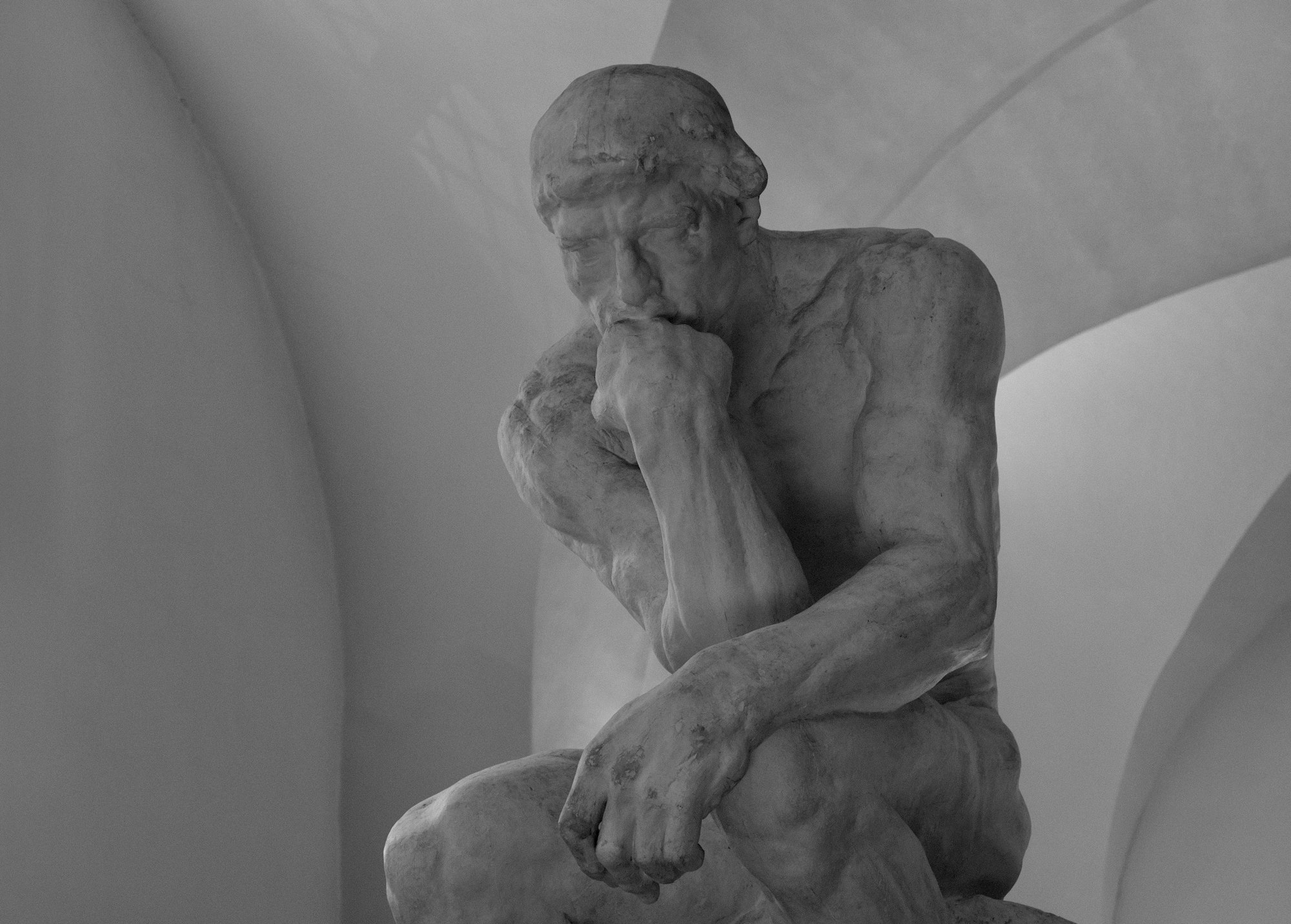The worship of reason is arrogance and betrays a lack of intelligence. The rejection of reason is cowardice and betrays a lack of faith.
Rabbi Abraham Joshua Heschel
Anyone who reads Rabbi Heschel's writings knows that he was a man of reason, a truly deep thinker of his generation. Yet he did not hold reason in the highest regard if that reason was set above faith, and divorced from faith. He calls such disposition "a worship of reason", something that both scientists and philosophers are often guilty of.
True reason must embrace some measure of faith. A truly intelligent person honestly recognizes his or her limitations and realizes that the very foundation of any logical argument is based on presuppositions. Ironically, such presuppositions are faith, beliefs that cannot be independently established or verified. In trying to do so, one will end up relying on even more presuppositions. In other words, it is arrogant to think that reason is actually possible without faith of some sort.
On the flip side, relying on faith and avoiding reason is cowardly, according to Heschel. Many religious people are guilty of such practice, unwilling to allow their beliefs to interact with reason, insisting on simply accepting them as they are, and even forbidding any questions. Questions are presented as doubt and skepticism, enemies of belief. But is blind faith what we truly want?
Two thousand years ago, one Jewish writer explained that faith is "the assurance of things hoped for, the conviction of things unseen" because the Jewish experience of life is built on the foundation of unseen things. Five centuries before him, the God of Israel challenged his people through prophet Isaiah calling out, "Come, let us reason together." The Almighty is not afraid of questions and reason. Reason and faith are meant to work together, always recognizing the need for each other.










Member discussion